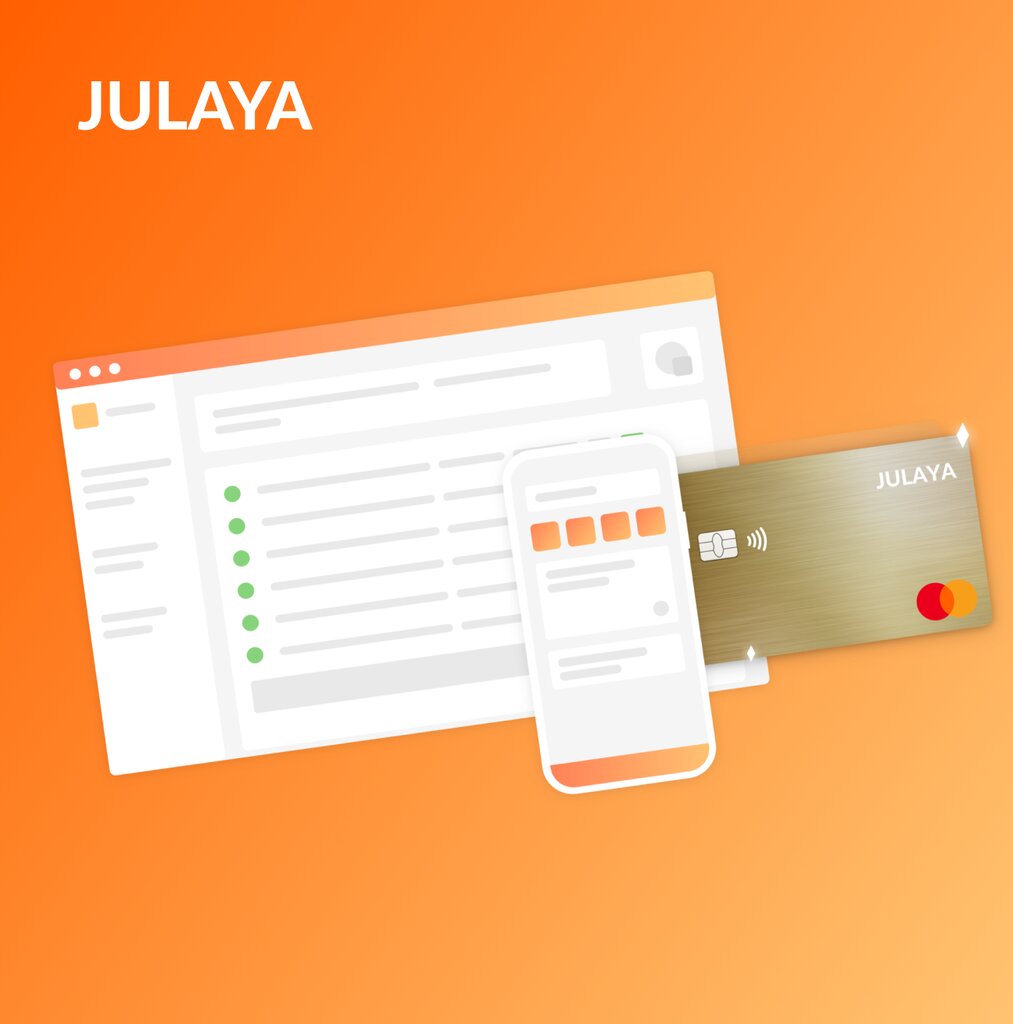The entire continent of Africa accounts for 70 percent of the world’s $1 trillion mobile money value. However, larger corporations prefer to manage their liquidity and pay their suppliers with traditional bank transfers. But they need to be able to work with mobile money as a payment method when interacting with customers, sales agents, or resellers.
Especially in East and West Africa, the easy KYC process and the cheap nature of the business (using SIM cards) have resulted in the world’s highest adoption rates of mobile money accounts and the best substitute for bank accounts. For many, not having a bank account means not being able to send money, save money, or get loans. It also means having to navigate the risks associated with handling cash. This translates into some of the continent’s biggest fintech successes, such as M-Pesa ($5-7 billion valuation) or Wave ($1.7 billion valuation) being mobile money operators.
The digital medium of exchange and store of value using mobile money accounts has over 600 million users in the continent and has profited massively from COVID-19 and the subsequent demands of social distancing. To put things into perspective, there are around 320 million crypto users worldwide. So Africa alone holds more mobile money users than there are crypto users worldwide. That’s pretty wild.
However, while corporates use traditional banking infrastructure to manage a large portion of their business, they still need to be able to interact with the continent’s largest payment method. That’s where our latest investment, Julaya, comes in––an Ivory Coast-based fintech that enables payment interoperability between mobile money and traditional banking infrastructure.
Coexisting payment infrastructures
There’s an interesting situation in Africa in which two different payment infrastructures––mobile money and traditional banking infrastructure––coexist in the same market simultaneously. This is not a massive issue for consumers as these infrastructures target different user bases. However, it supposes multiple challenges for SMEs and larger corporations that need to manage their assets across two different payment infrastructures.
Why is this a challenge? Mainly because there is no interoperability between both infrastructures that does not involve the physical withdrawal of money. This results in a cumbersome process that is not only very time consuming and costly, but also dangerous. Withdrawing money from a bank and uploading it through a mobile money agent is fine if we are talking about a couple of bucks. But SMEs and larger corporations need to transact multiple thousands of dollars and that opens the door to employee fraud or mugging.

Enter Julaya: Enabling interoperability between payment infrastructures

Having identified this challenge in Francophone Africa, co-founders Mathias Leopoldie and Charles Talbot started working on Julaya. The solution enables companies (from SMEs to large corporations) to send money from mobile money wallets to traditional bank accounts––and vice versa––without having to withdraw actual money from the agent network nor the bank branch. This is an ideal solution for companies having to get money from the mobile money network into the banking network, such as distributors, resellers or logistics companies and companies getting money from the banking network into the mobile money network, like NGOs or construction companies.
This initial hook not only brings a large payment volume through the platform, but also ensures a unique cash flow perspective of its customers. And that means they will be able to provide customers with better solutions. Julaya understands the entire cash flow cycle of its customers, and that’s the beginning of an extensive set of products and services that can range from corporate cards to loans or treasury services.
Speedinvest has backed SME neobanks in other parts of the world, such as Open (in India) or Tide (in the UK) and we understand that there isn’t one right way to acquire customers nor one right way to monetize them. But if you crack the market, these customers are very appreciative. That translates into high retention rates and consequently high ARPUs.
Our first investment in Francophone Africa
Large markets, such as Nigeria, Egypt, or Kenya, have attracted most of the venture funding flowing into Africa throughout the last years. And while this has also translated into most venture-backed success cases coming from these markets, some outliers have proven that category leaders can emerge from other regions, too.
Most notoriously, Wave has changed the perception of Francophone West Africa and has highlighted the positive aspects of the region, which include a stable currency (West African Franc is pegged to the Euro) or a common regulatory financial system governed by a common central bank. After having looked into Francophone West Africa for quite some time and having built our investment thesis around the local nuances of the market, we were incredibly excited when we first met the team.
Behind Julaya sits an energetic and driven organization led by repeat operators, Mathias Leopoldie (CEO) and Charles Talbot (CTO), who share a passion for product-minded companies and tackling societal problems. They’ve been able to attract exceptional talent and are building a diverse and internationally minded team to pursue their bold ambitions. They’re exactly the kind of entrepreneurs Speedinvest enjoys backing, in a wide-open market with an underserved customer base.
With all of that in mind, we at Speedinvest are very excited to support Mathias, Charles, and the entire Julaya team with their Seed round alongside Orange Ventures, Saviu and EQ2.






